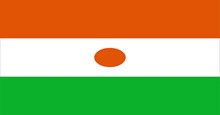
Niger Celebrates Independence, Aug 3, 2023
By Joy Osiagwu
The Republic of Niger is in the heart of the Sahel in West Africa. The unitary state has the following countries as neighbors- Nigeria, Benin, Burkina Faso, Mali, Algeria, and Libya. Niamey is the capital of the vast arid state with a population of 25 million, primarily Muslim. The inhabitants are nomadic peoples of the Saharan north and the agriculturalists of the south. Niger has a population of 24.4 million, and the common languages are French, Arabic, Buduma, Fulfulde, Gourmanche, Hausa, Kanuri, Zarma, Songhai, Tamasheg, and Teb.
The British and the French had partitioned the middle regions of the Niger River in the 19th century, and France began occupation in 1922 of what has now become the Republic of Niger. Niger eventually gained Independence from France on August 3, 1960, and Hamani Diori became the country’s first president. The nation has continued to battle poverty and droughts over the years. Furthermore, the state’s security has been in limbo following the fallout from the Libyan civil war and numerous jihadist insurgencies in the area.
However, France and the United States forces are continuously assisting the government in counterterrorism in the region. The World Bank said Agriculture is responsible for 40% of its GDP, and over 10 million people live in extreme poverty.
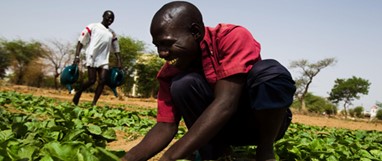
Niger is famous for two major festivals “Salt Cure Festival”, to celebrate the end of the rainy season, and the annual courtship ritual, the Guerewol Festival by the Wodaabe Fula young men to gain the attention of young women for marriage.
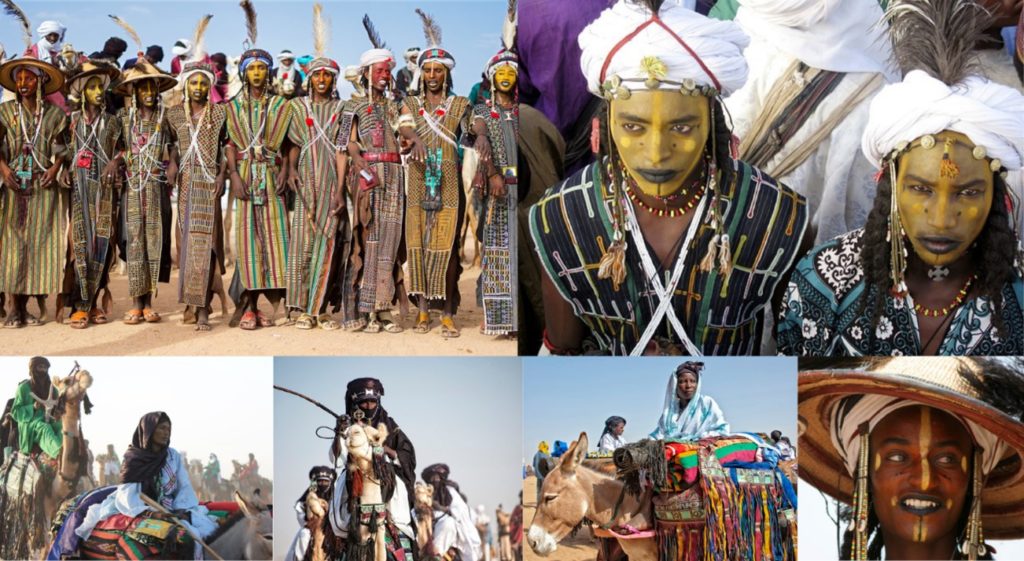
Current Governance Structure
The governance structure of Niger is a semi-presidential republic with the President of Niger as the head of state and the Prime Minister as head of government, both elected through a democratic process of national and local elections. The legislative power rests on both the government and the National Assembly. Meanwhile, the Judiciary is independent of the executive and the legislature. Mohamed Bazoum, the former minister of interior, is the current president. He became president in 2021 in what was noted as Niger’s first democratic transfer of authority since 1960 when it gained Independence. He has been working assiduously to address the jihadist insurgency currently affecting development in the country and the region.
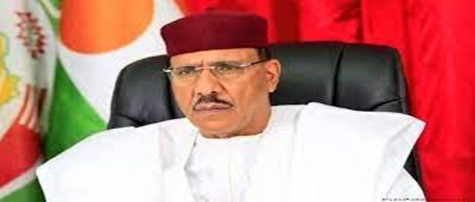
Editor: As we prepare to go to press, we are following news on Wednesday 27 July 2023, that the elected President of Niger, Mohamed Bazoum, has been overthrown in a military coup which installed Gen Abdourahmane Tchiani as head of state.
Trending News
The World Bank has approved US$230 million and additional financing for the Niger Learning Improvement for Results in Education Project (LIRE). The aim is to assist the government in improving access to education, especially the quality of the teaching and learning arena. It will also assist in the planning and management of the state.
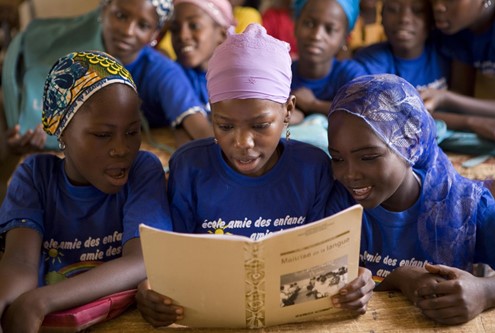
At a meeting recently, the World Bank Practice Manager for West and Central Africa, Waly Wane, acknowledged that additional funding came from the International Development Association (IDA) following the policy statement of Niger, via its human capital development.
Niger Ottawa Connection
The relationship between Niger and Canada dates back to 1962, with the desire for growth in renewable energy, information, communications, and the solid minerals sectors. Global Affairs Canada said trade volume between the two countries rose to $18.4 million in 2022. The Embassy of Niger to the United States of America in Washington D.C. represents Niger in Canada.
